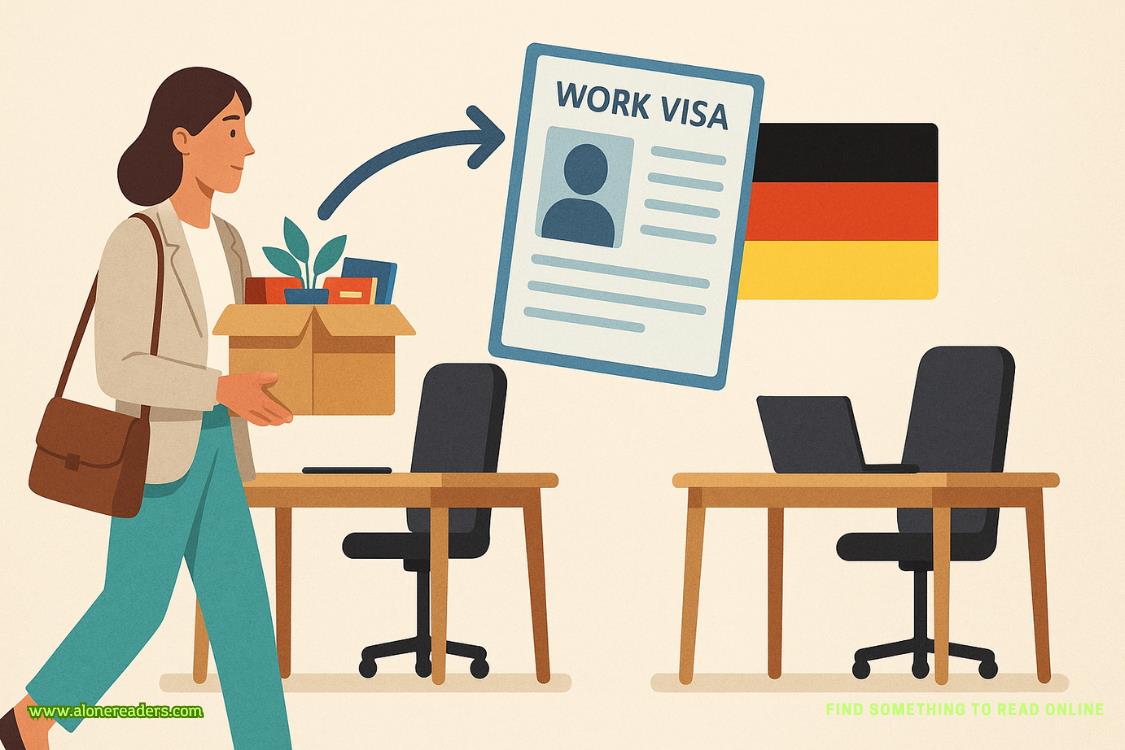Page 110 of The Psychopath Next Door
‘I’ve never felt the way I’m meant to.’ Rose’s voice had gone dreamy. Distant. ‘The way they do in storybooks and on TV. Never felt warmth or love for anyone else. Never had a friend who didn’t irritate me. Other kids ... I look at them and either feel nothing or I want to hurt them. Like those boys across the road, Eric and Albie. When Fiona caused that accident, I was glad. I wanted him to suffer.’
Fiona saw Emma take this in. That she had caused the accident.
‘But that’s ... that’s kind of understandable,’ she managed. ‘He bullied you.’
Fiona knew she should be moving things on, but she was fascinated. Besides, it was good for Rose to articulate all this, to process it. It would make things easier afterwards.
‘Haven’t you ever wondered why I’ve never really had a best friend?’
‘What about Jasmine?’
‘She was an idiot. I hated her.’
Realisation dawned on Emma’s face, like she finally understood something that had been niggling at her for a long time. The kind of eureka moment that doesn’t make you want to leap out of the bath but jump into it and hold your head under the water. ‘And what about me, and your dad and Dylan?’ she asked, a pitiful, pleading tone creeping in. ‘You love us.’
Rose frowned and made a noise low in her throat. ‘Hmm. No, I don’t. I mean, I guess I always appreciated you giving me a home. Dylan could be a lotmoreannoying, I guess. But love? I don’t know what it feels like. When you’re sick, I don’t care. If I think about you dying, I don’t care about that either – except to wonder what it would mean for me. I wouldn’t want to be sent to a children’s home. That would be horrible.’
Tears ran down Emma’s cheeks. ‘Rose, you don’t mean this. You can’t. What about Lola? You love her, don’t you?’
‘I like owning her.’
Emma wiped at her wet face. ‘Rose, sweetheart. This isn’t you. And if it is, we can get you help. What about that woman we met on holiday? Keira and Henry’s mum. She’s a child psychologist. She can help you.’
The expression on Rose’s face was so full of contempt – a look that dripped poison – that Fiona wanted to clap her hands and cheer.
‘I. Don’t. Need.Help.’ Rose took a step towards her mother, which also took her closer to Fiona. ‘Don’t you get it,Mummy? I like being like this.’
‘Rose, please.’
Emma moved towards her, arms outstretched, trying to gather Rose into a hug. Rose backed away like a feral cat, almost hissing, and Emma shook her head and said, ‘No, I’m not standing for this. You’re my daughter. You’re going to do as I say.’
She moved forward again, trying to take hold of Rose’s arm. Rose again backed away. ‘Don’t touch me.’
Fiona knew she ought to do something, but she was too fascinated, dying to see how this played out. The rain was drumming against the roof, wind entering through the broken windows, and she expected to see lightning flashes, hear thunder crashing, shaking the building.
‘Rose. Come with me now. We’re going.’
‘No!’
Emma had had enough. Fiona had seen this before, in parks and supermarkets and on beaches. The mother who tries to reason, to persuade, to threaten, and then, finally, snaps, asserting her authority, her status, her strength. Fiona’s mother had done it to her all the time, dragging her out of shops, on to buses, into classrooms.
Emma reached out and tried to grab Rose by the wrist.
Rose flung herself to the side, evading her mum’s grasp, and Emma shouted:
‘Rose! That’senough.’
Rose screamed – not like a girl, but a full-grown woman. A scream of hatred and defiance and rage. And as she screamed, she darted towards Fiona, who wasn’t expecting this. Before Fiona could react, Rose snatched the knife from her hand.
40
A woman screamed.
I ran towards the house.
41
Rose swung the knife in front of her, a wide arc, left to right.
- Summer with the Single Dad by Whitley Cox
- Rescued by the Single Dad by Whitley Cox
- Done with You by Whitley Cox
- Second Chance with the Rancher by Whitley Cox
- Snowed In with the Rancher by Whitley Cox
- Gloves Off by Stephanie Archer
- The Wingman by Stephanie Archer
- In Your Dreams, Holden Rhodes by Stephanie Archer
- That Kind of Guy by Stephanie Archer
- Bought & Bred By the Bratva by Imani Jay
- Bratva Daddies for the Single Mom by Lisa Cullen
- Trapped By the Bratva by Ava Gray
- Freak by Vivian Mae
- Her Dom's Secret Past by Suzy Shearer
- Honey Trapped by Glenna Maynard
- Crossed Wires: The Complete Series by Mari Carr







